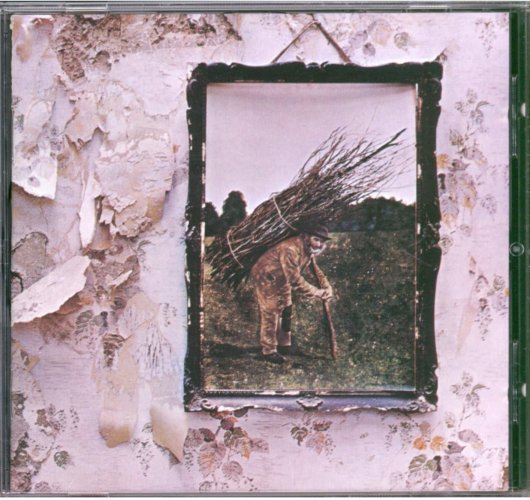Optimus Prime
Well-known member
Online
Very interesting article that isn't really political
==================
How do you define the good old days?
The plucky poll slingers at YouGov, who are consistently willing to use their elite-tier survey skills in service of measuring the unmeasurable, asked 2,000 adults which decade had the best and worst music, movies, economy and so forth, across 20 measures. But when we charted them, no consistent pattern emerged.
We did spot some peaks: When asked which decade had the most moral society, the happiest families or the closest-knit communities, White people and Republicans were about twice as likely as Black people and Democrats to point to the 1950s. The difference probably depends on whether you remember that particular decade for “Leave it to Beaver,” drive-in theaters and “12 Angry Men” — or the Red Scare, the murder of Emmett Till and massive resistance to school integration.

“This was a time when Repubs were pretty much running the show and had reason to be happy,” pioneering nostalgia researcher Morris Holbrook told us via email. “Apparently, you could argue that nostalgia is colored by political preferences. Surprise, surprise.”
And he’s right! But any political, racial or gender divides were dwarfed by what happened when we charted the data by generation. Age, more than anything, determines when you think America peaked.

So, we looked at the data another way, measuring the gap between each person’s birth year and their ideal decade. The consistency of the resulting pattern delighted us: It shows that Americans feel nostalgia not for a specific era, but for a specific age.
The good old days when America was “great” aren’t the 1950s. They’re whatever decade you were 11, your parents knew the correct answer to any question, and you’d never heard of war crimes tribunals, microplastics or improvised explosive devices. Or when you were 15 and athletes and musicians still played hard and hadn’t sold out.
Not every flavor of nostalgia peaks as sharply as music does. But by distilling them to the most popular age for each question, we can chart a simple life cycle of nostalgia............
==================
How do you define the good old days?
The plucky poll slingers at YouGov, who are consistently willing to use their elite-tier survey skills in service of measuring the unmeasurable, asked 2,000 adults which decade had the best and worst music, movies, economy and so forth, across 20 measures. But when we charted them, no consistent pattern emerged.
We did spot some peaks: When asked which decade had the most moral society, the happiest families or the closest-knit communities, White people and Republicans were about twice as likely as Black people and Democrats to point to the 1950s. The difference probably depends on whether you remember that particular decade for “Leave it to Beaver,” drive-in theaters and “12 Angry Men” — or the Red Scare, the murder of Emmett Till and massive resistance to school integration.
“This was a time when Repubs were pretty much running the show and had reason to be happy,” pioneering nostalgia researcher Morris Holbrook told us via email. “Apparently, you could argue that nostalgia is colored by political preferences. Surprise, surprise.”
And he’s right! But any political, racial or gender divides were dwarfed by what happened when we charted the data by generation. Age, more than anything, determines when you think America peaked.
So, we looked at the data another way, measuring the gap between each person’s birth year and their ideal decade. The consistency of the resulting pattern delighted us: It shows that Americans feel nostalgia not for a specific era, but for a specific age.
The good old days when America was “great” aren’t the 1950s. They’re whatever decade you were 11, your parents knew the correct answer to any question, and you’d never heard of war crimes tribunals, microplastics or improvised explosive devices. Or when you were 15 and athletes and musicians still played hard and hadn’t sold out.
Not every flavor of nostalgia peaks as sharply as music does. But by distilling them to the most popular age for each question, we can chart a simple life cycle of nostalgia............
Last edited:

